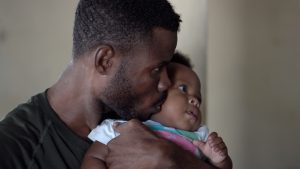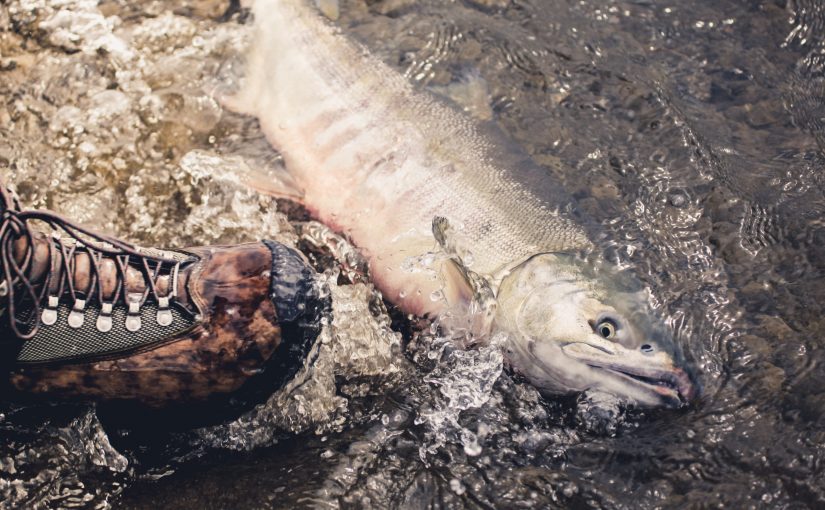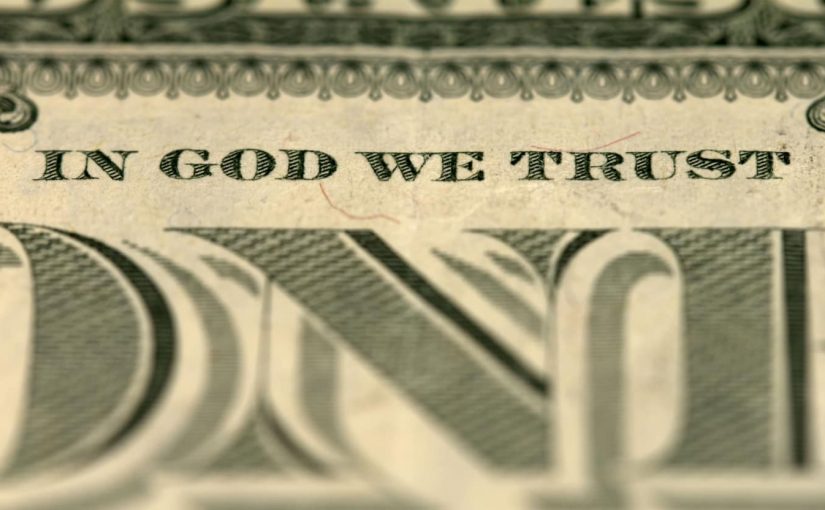
Father’s Day is celebrated in more than 100 countries around the world. According to Wikipedia, Father’s Day is a day of honouring fatherhood and paternal bonds, as well as the influence of fathers in society. Such a supposition would imply that there are paternal bonds to celebrate. Is there a point when, due for example to a father’s absenteeism, that the parental bond is so weak as to render the celebration of a Father’s Day mute?
My son Elijah turned 2 in April 2020 and the level of joy he’s brought to my life even at this stage is immeasurable. Seeing him crawl, walk and say “yeah yeah yeah” to articulate his approval have all been joyous moments; and my life has been enriched to have witnessed them.
These are all moments that my own father missed: my mother immigrated to the UK when I was ten months old along with 4 other siblings (I’m the youngest of 5).
There are no doubt many lessons that a father operating within a traditional family structure (mum, dad and children) can teach their kids about life, love and the dynamics between a husband and wife; and a father and mother. The dynamism within the household presents the first opportunity for children to learn by observation. I therefore recognise that the lack of a father and husband in my household as a child likely leaves me deficient in areas. I similarly recognise that I may not even be aware of what or where the possible deficiencies may lay (the so-called “unknown unknown” problem). I’m happy to own that upfront – and can at least commit to being open to new and novel approaches and suggestions in these areas, particularly to correct dysfunctional behaviours or thought-processes or both that may be more appropriate in a fight for survival.
To be clear, my mother did an incredible job – in an absolute sense. The additional stress and strain of having to operate with limited financial resources, in the absence of a support system (e.g. no extended family), and within a backdrop where her kids (particularly the (3) sons) were surrounded by the alluring influences to earn ‘fast money’ makes the achievement frankly remarkable. The deficiencies previously highlighted are entirely mine to own and address.
The financial ramifications of not having two parents involved in raising the kids should be self-evident. However, it did make me wonder and reflect on what I had ‘lost’ from not having a model of what a father and husband ‘looks like’ (i.e. the non-financial loss). My father was a man who I knew through the experiences of other people. We would speak intermittently for a couple of minutes on significant dates, e.g. mine or one of my siblings’ birthdays. It was sporadic and reduced exponentially over time. The format of each exchange was formulaic; to the point where a robot could have quite convincingly played a character on the end of the line without fear of detection.
My dad came to the UK around a year before he passed.
I had gotten engaged during the period that he was in the UK; and had never asked him for anything before but felt compelled to ask if he would be willing to meet my then fiancee’s father. It’s a culturally symbolic meeting for many and was an opportunity for two fathers to look at each other eyeball to eyeball. My father turned down my request: yet another rejection to add to the disinterest shown towards my wellbeing in childhood. So disappointing. The reason for the rejection only served to add salt to the injury; further reaffirming an image of a mentally and emotionally weak man.
I attended my dad’s 70th birthday celebration knowing that it would be the last time I would see him alive. He was physically frail as a consequence of cancer, which had spread to multiple parts of his body. He died a few months later in April.
Becoming a father myself and experiencing the joys of fatherhood has helped me to genuinely ‘believe’ that it is he and not I who ultimately lost from his absenteeism. Memories are priceless and is the only thing that will give us comfort as our time on this earth draws to an end.
Experiences can have a profound effect on us, our motivations and our desires. The (lack of) experiences with my own father motivates me to be (even more) present in my son’s life. Time will tell how successful my efforts will prove to be.
In the meantime, happy Father’s day to the similarly motivated father’s out there.



